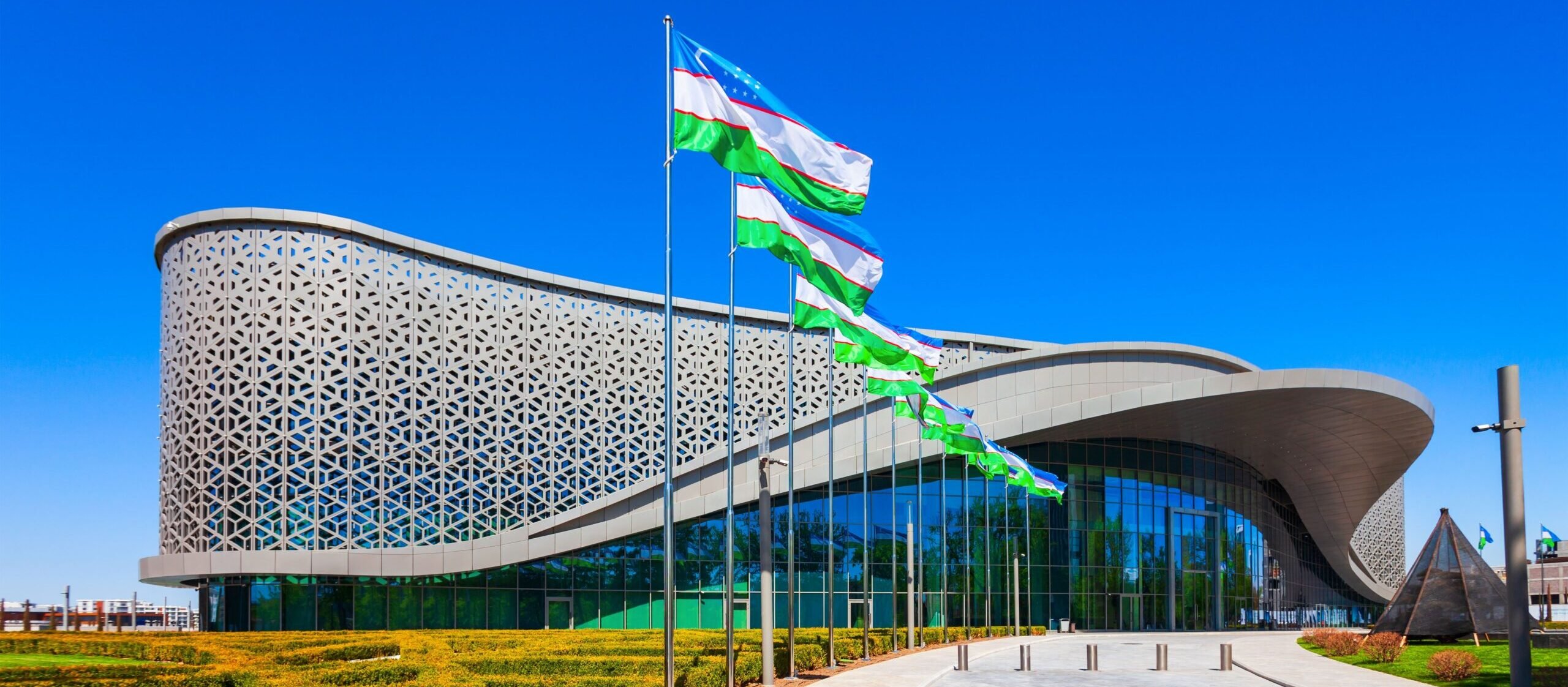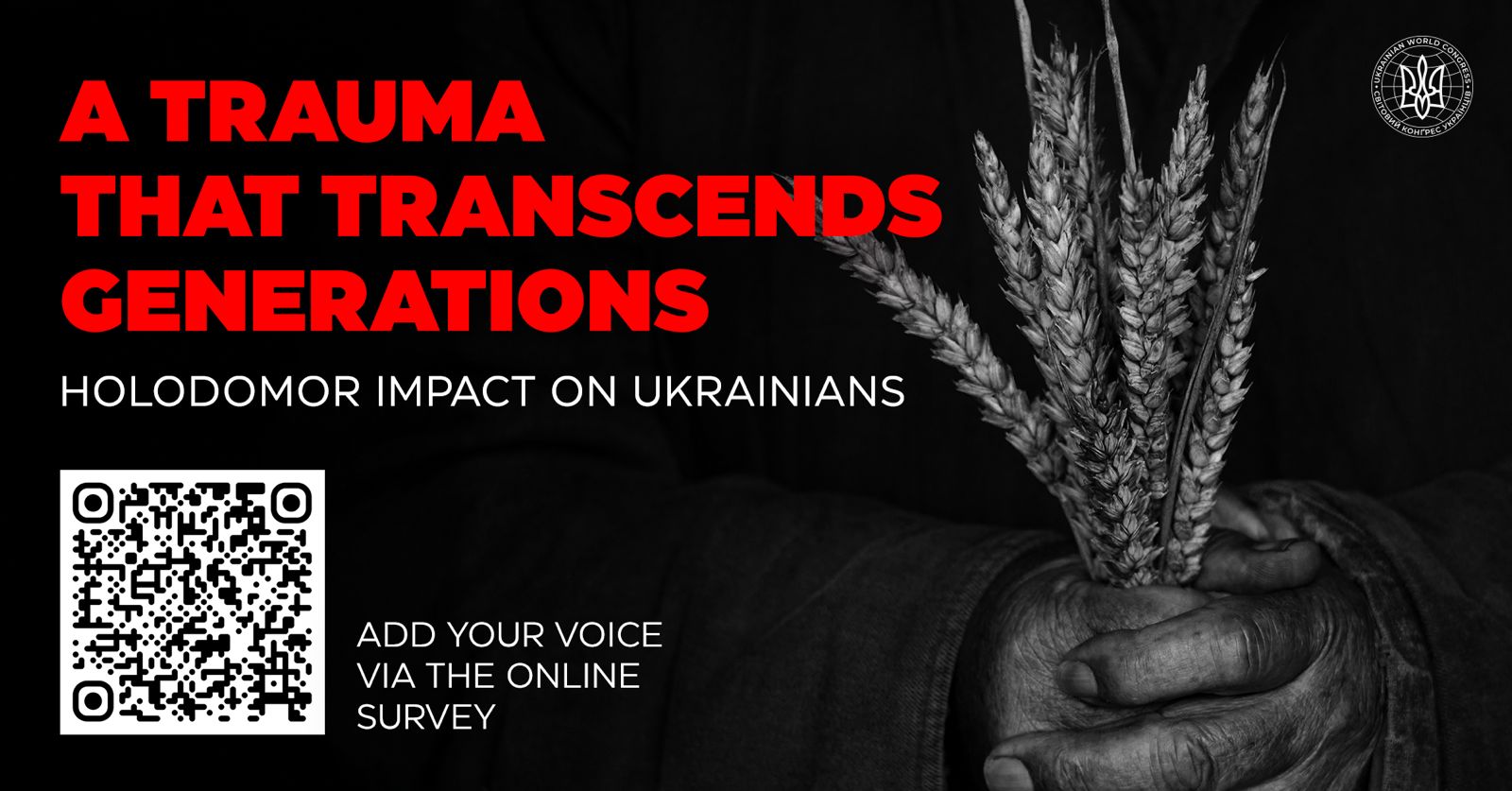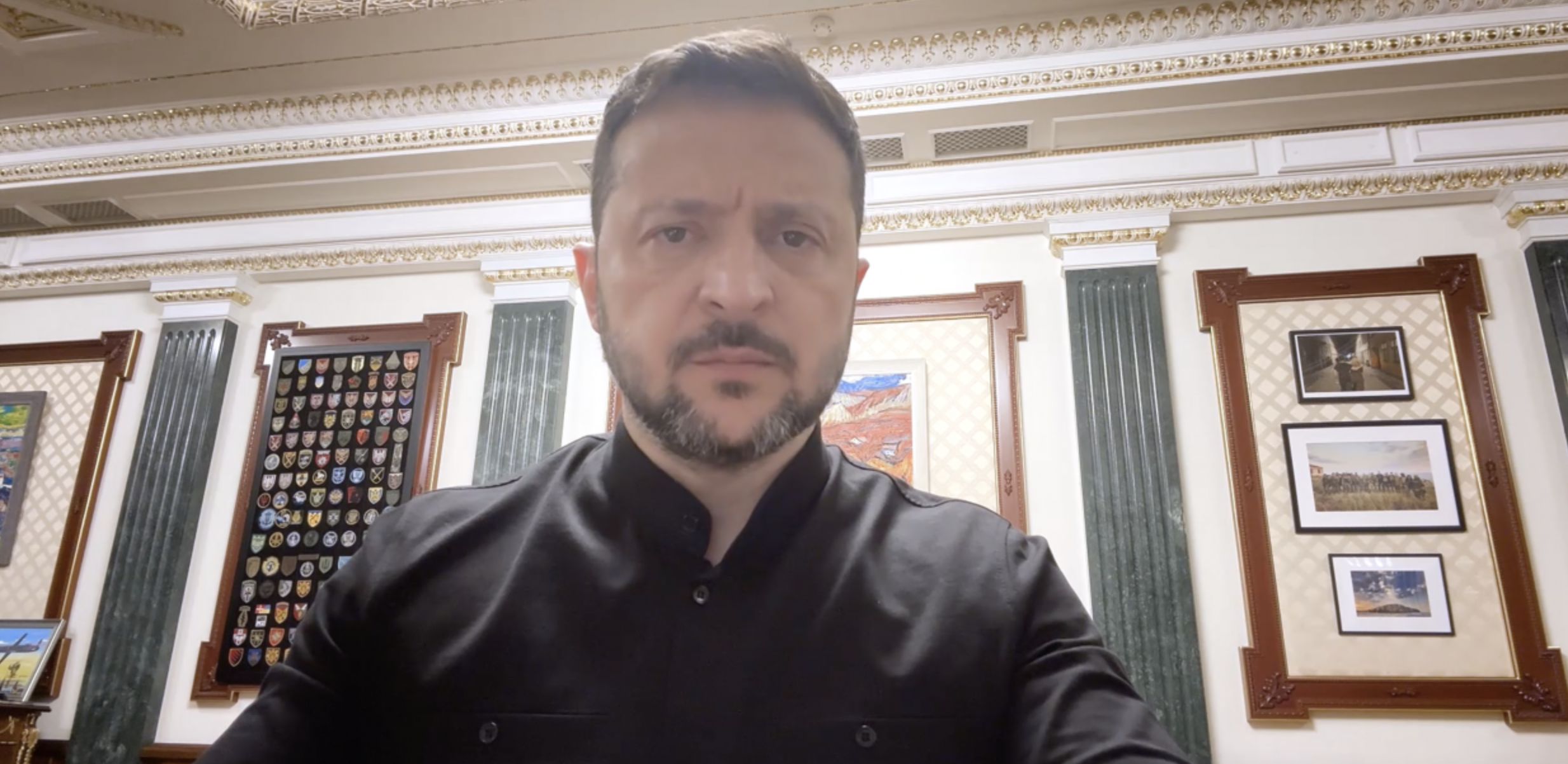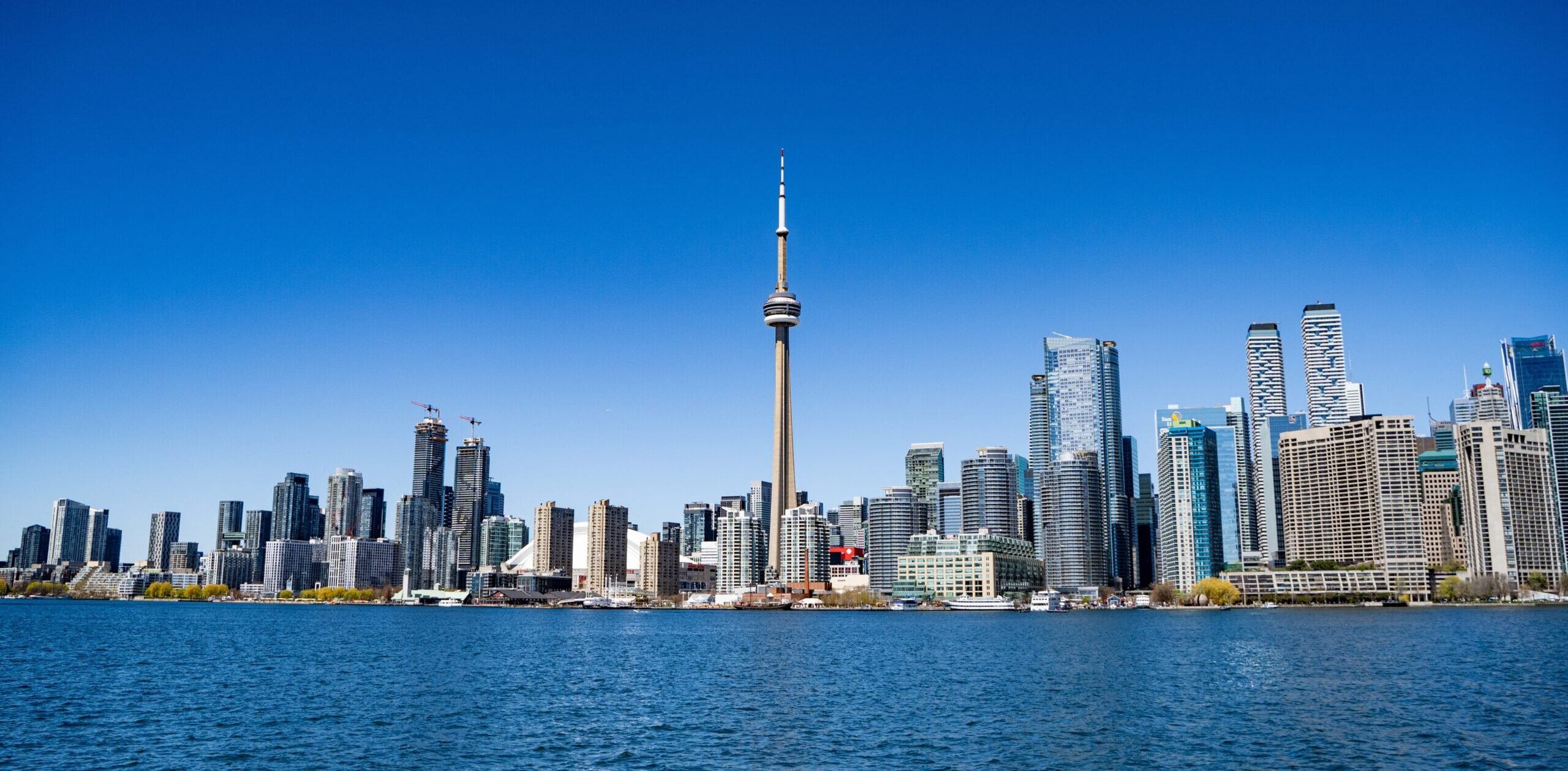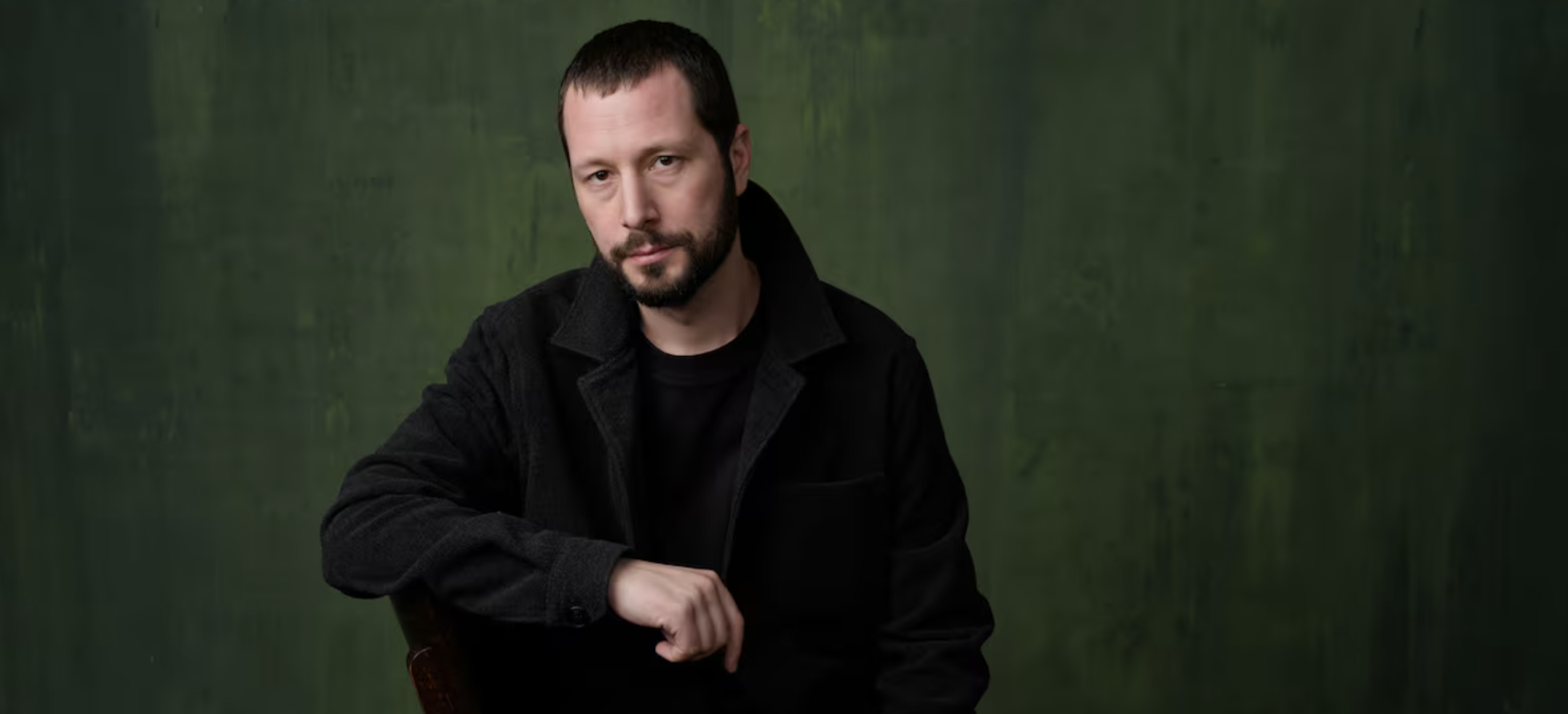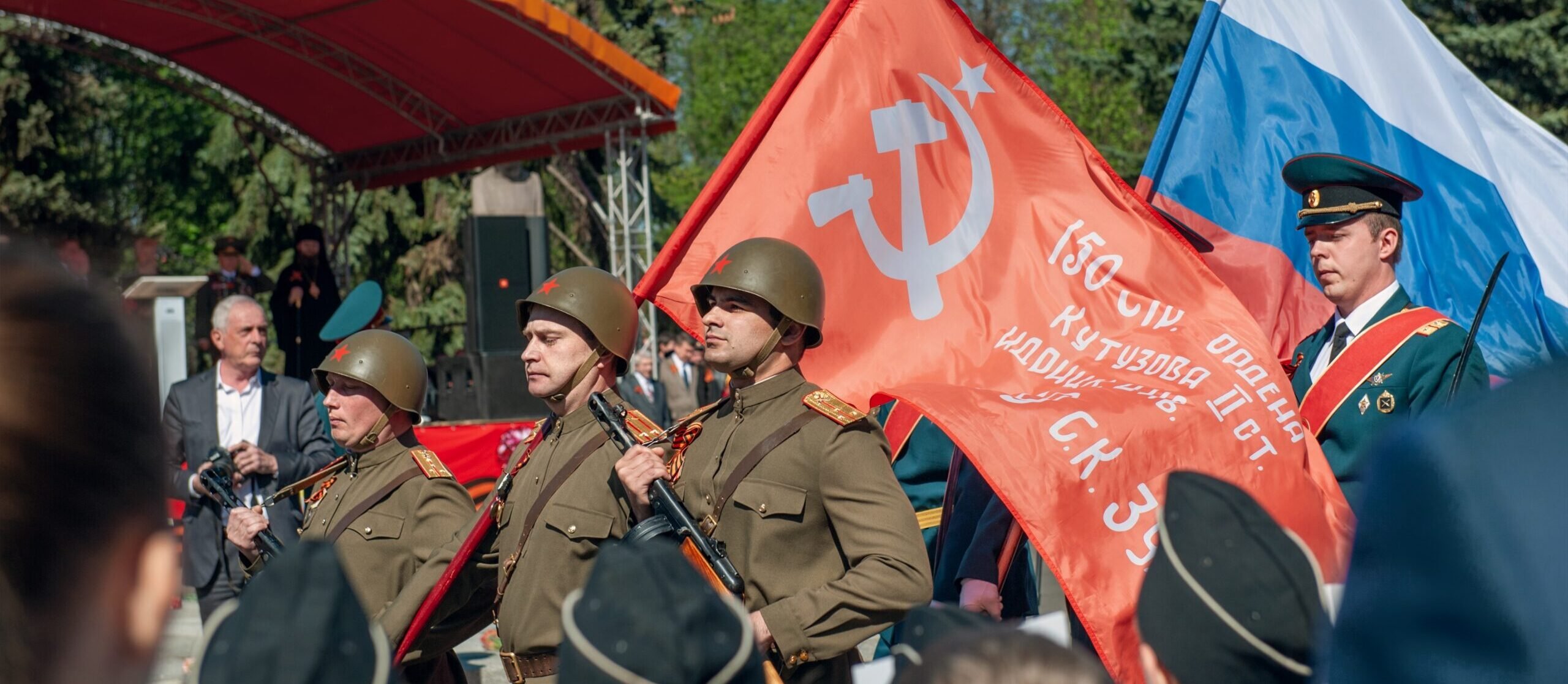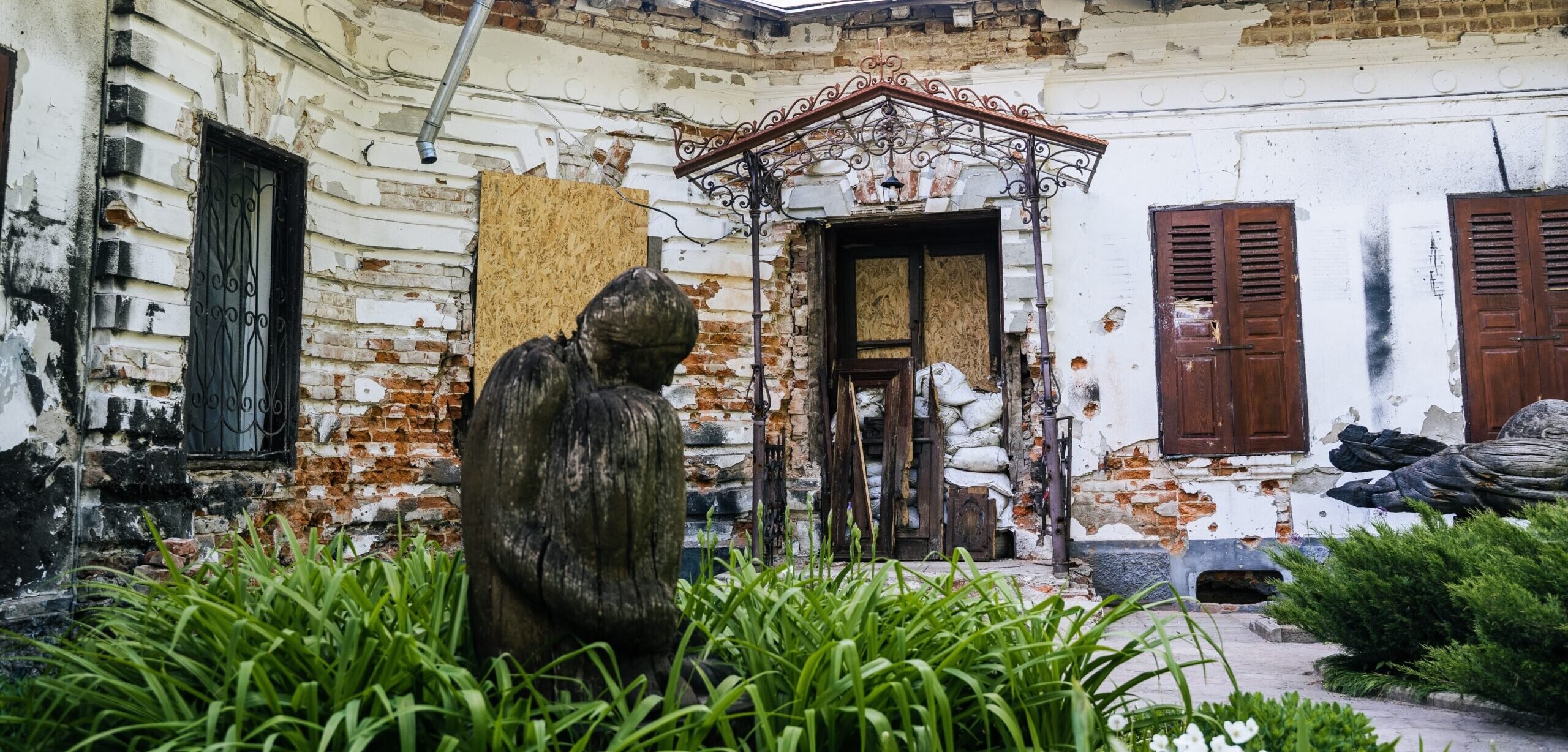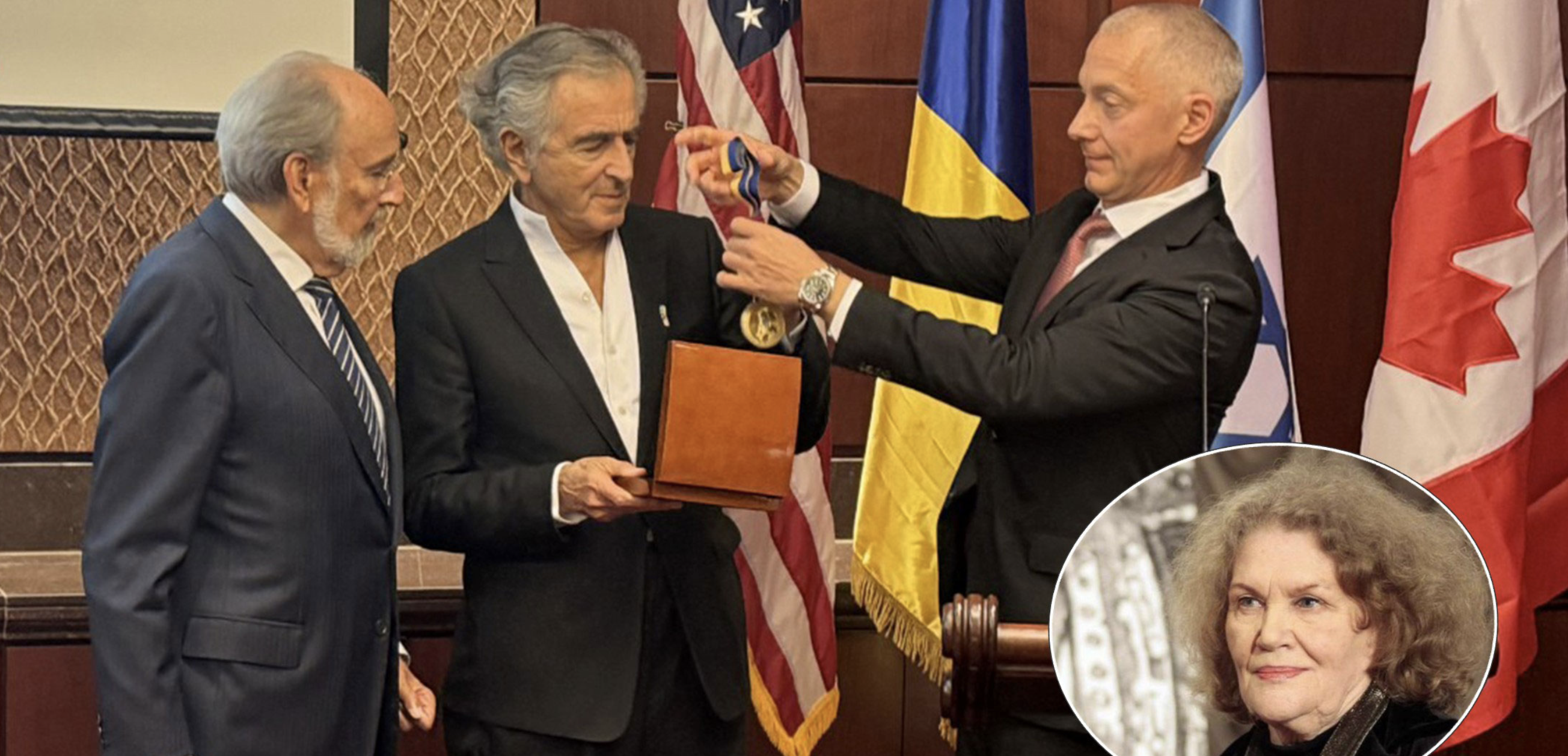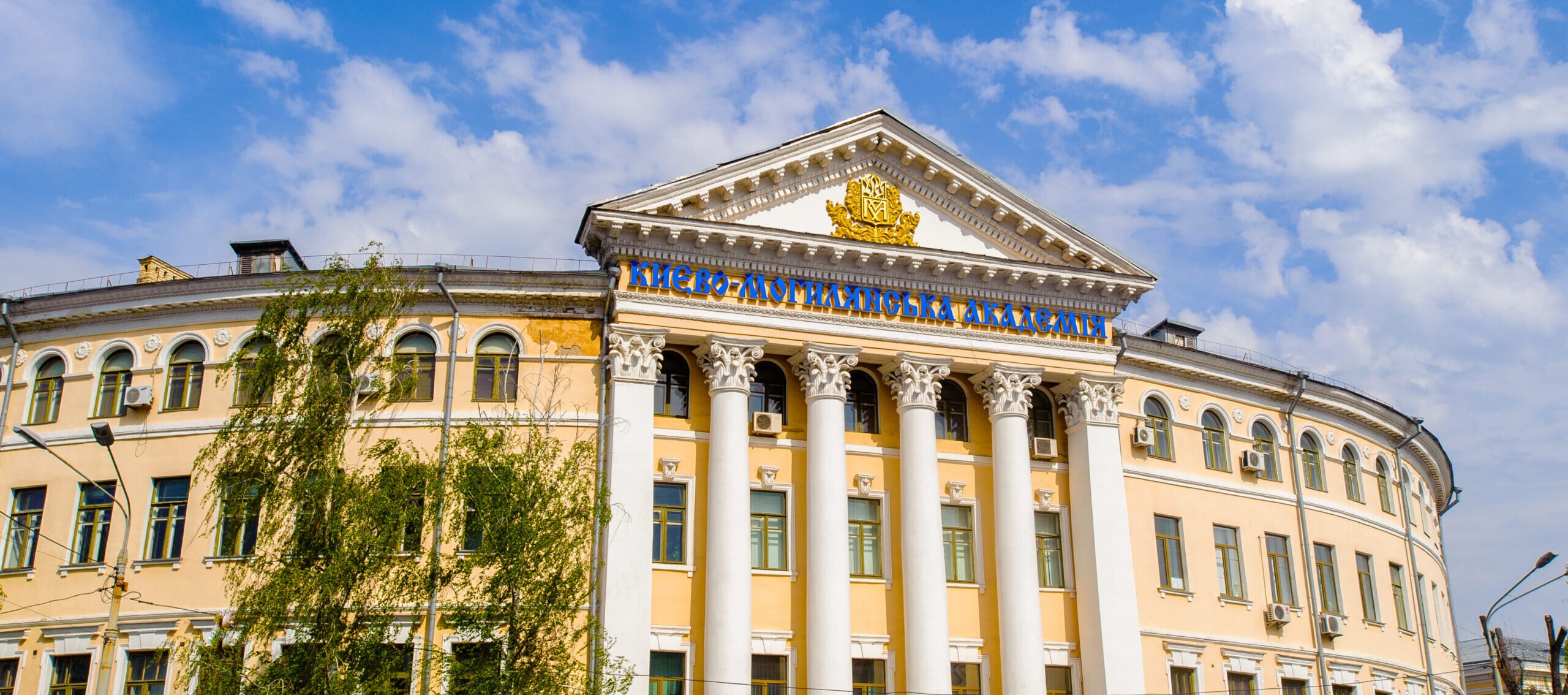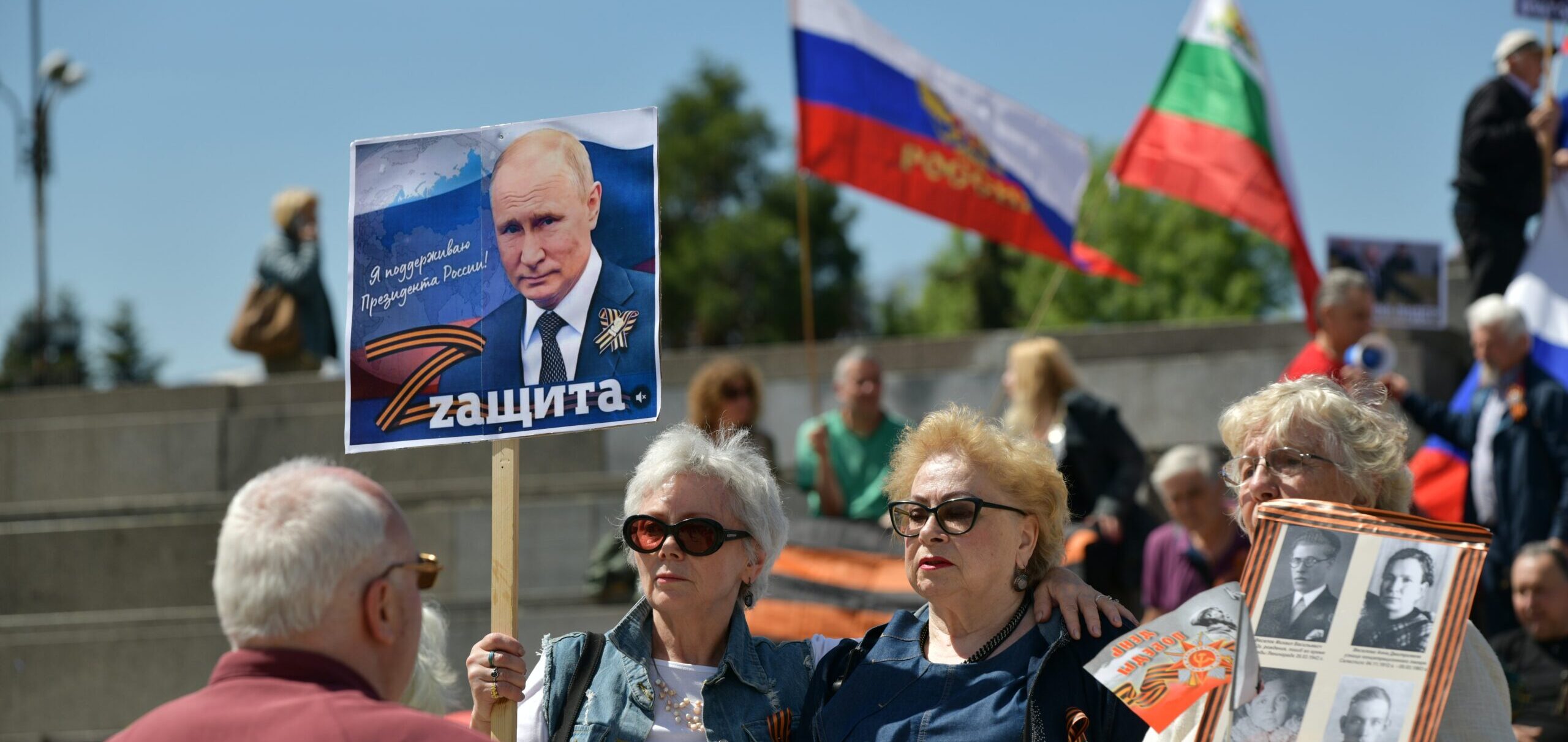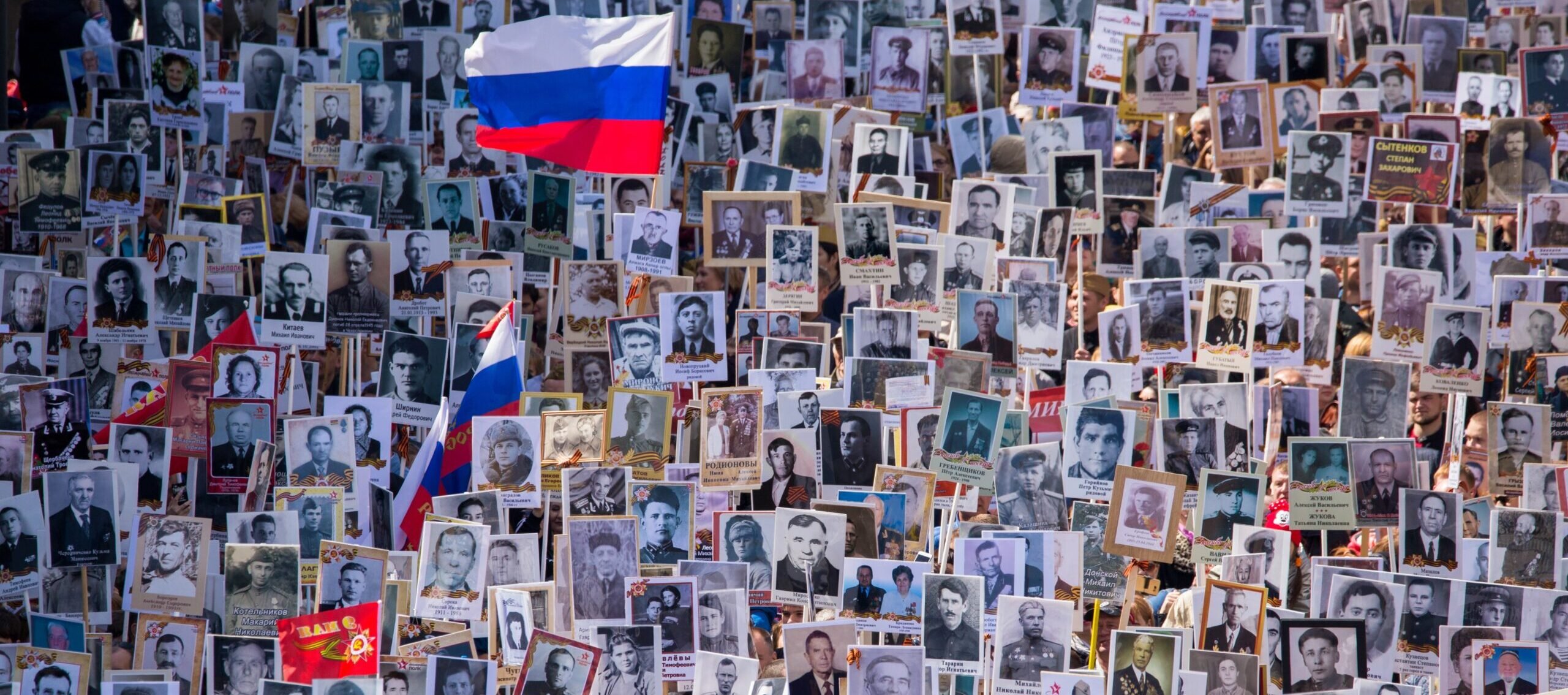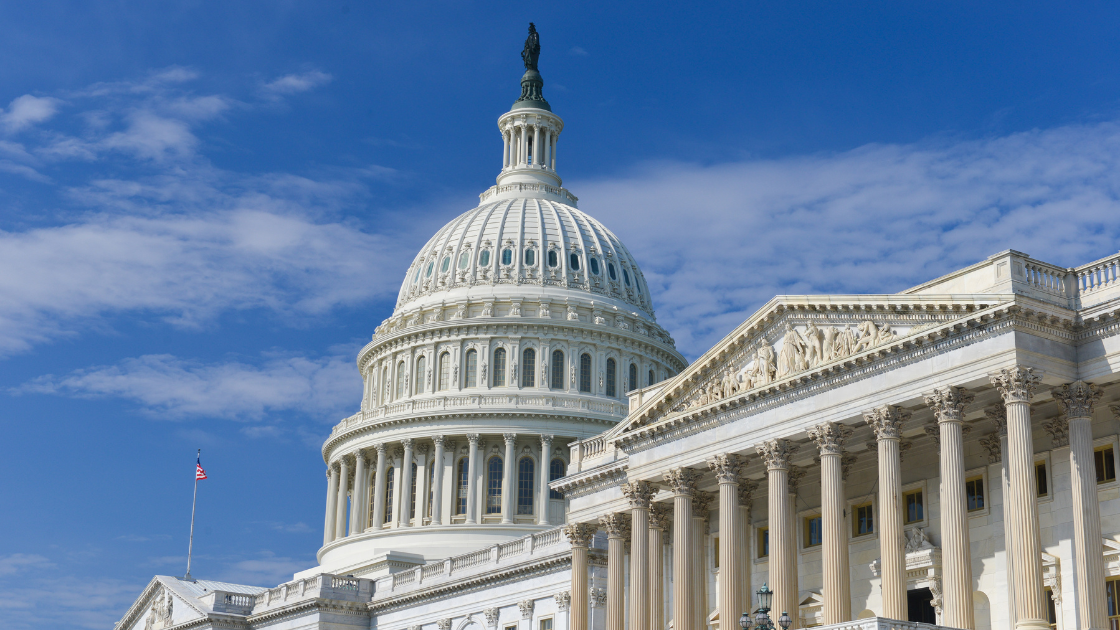
The incoming administration of U.S. President-elect Donald Trump may attempt to convene a conference on Ukraine in the near future, according to an online article published by the British newspaper The Telegraph.
The timing of the talks would depend on the willingness of Kremlin ruler Vladimir Putin and Ukrainian President Volodymyr Zelenskyy to negotiate, as well as on an agreement regarding the leadership, agenda, and venue of the talks.
Among the potential candidates to lead the conference, The Telegraph mentions the likely next US Secretary of State Marco Rubio. The article also notes that European Commission President Ursula von der Leyen could be a contender to head the negotiations.
According to the article, other European leaders would like to participate, but many of them are currently facing significant domestic challenges that are distracting them. However, should a peace process begin, major NATO countries would likely use diplomatic channels to try to veer the direction of the talks via their envoys present on the sidelines of the negotiations.
Obstacles to the talks could arise from reckless actions by Russia, such as the recent downing of Azerbaijan Airlines Flight 8243, a civilian passenger plane.
“It may depend on Russia, especially whether it refrains from outrageous acts that could make such negotiations impossible in the eyes of international public opinion. The recent downing of the Azerbaijani airliner is precisely the type of act that confirms Russia as a rogue state with no principles,” the article states.
Although Donald Trump, after the election, “did not provide any further details on what the world might expect from his promised peace initiative,” Washington will play a central role in the negotiations. This will happen regardless of whether Trump offers to host them.
Earlier, the Ukrainian World Congress condemned the horrific downing of the Azerbaijani passenger aircraft by Russia, expressed solidarity with the people of Azerbaijan, and called on the Azerbaijani government to reconsider its position on Russia.
Cover: Shutterstock
